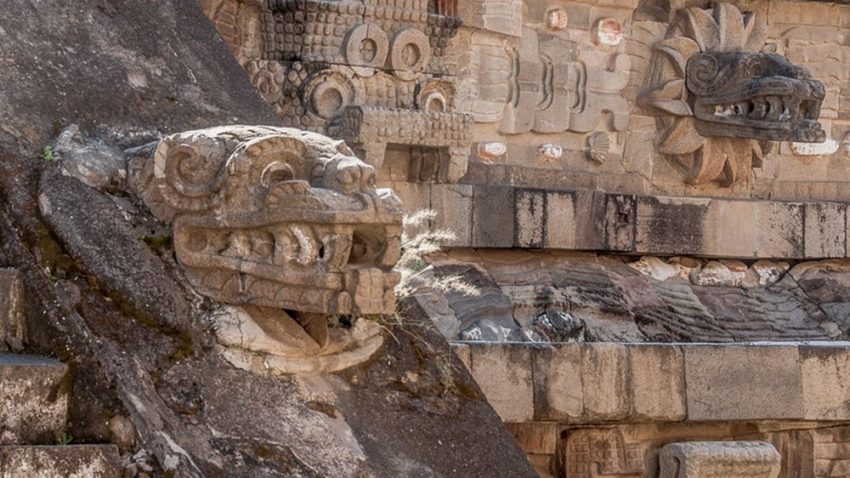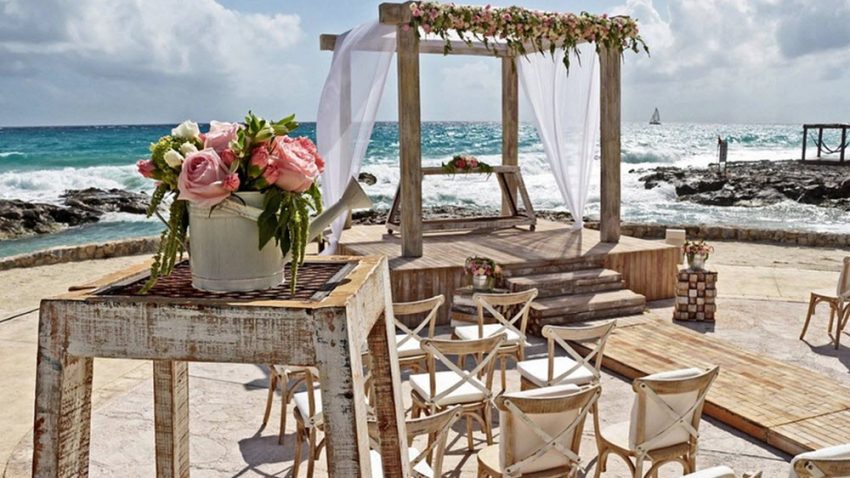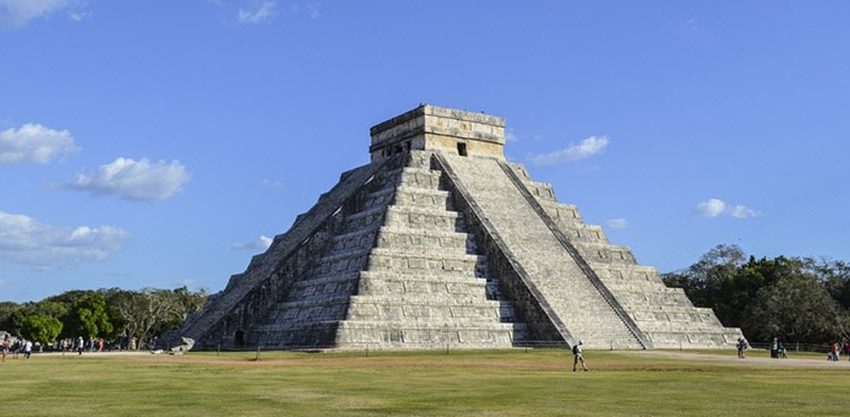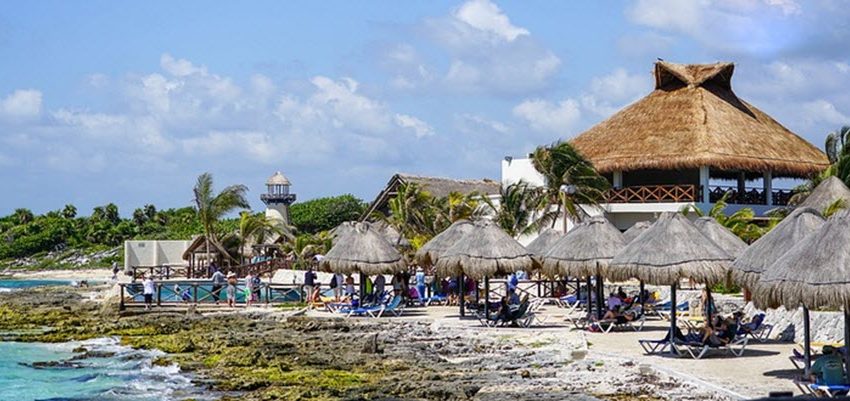Introduction to Guadalajara
Guadalajara, the capital city of the Mexican state of Jalisco, is a vibrant metropolis steeped in the rich traditions and cultures of Mexico. Known widely as the birthplace of tequila and mariachi, Guadalajara has profoundly influenced the cultural landscape of the nation. As the second-largest city in Mexico, its strategic location in the western region makes it an essential cultural and economic hub. This city beautifully combines a modern urban area with a deep respect for its historical roots, offering a perfect blend of the past and present to residents and visitors alike.
The Cultural Significance of Tequila
Tequila, a distinguished distilled alcoholic beverage, carries significant cultural weight in Guadalajara, where its origins are a point of immense pride. This iconic drink is primarily crafted from the blue agave plant, which thrives in the region’s rich volcanic soil, making Jalisco, and by extension, Guadalajara, a crucial center for tequila production. The town of Tequila, roughly 65 kilometers northwest of Guadalajara, is considered the birthplace of this beverage. The ideal growing conditions of the region support vast agave plantations, establishing a vital component of the area’s economy and culture.
The role of the Tequila Regulatory Council is pivotal in maintaining the high production standards and authenticity of tequila. This body is responsible for overseeing production methods and ensuring that the appellation “tequila” is reserved for spirits from designated regions in Mexico, thereby protecting the heritage and integrity of this beloved drink.
Exploring the Tequila Trail
For those visiting Guadalajara, the Tequila Trail offers a fascinating journey through the heart of tequila production. This scenic route meanders through expansive agave fields and functional distilleries, providing a deep dive into the processes of fermentation and distillation. Visitors embarking on this journey can enjoy guided tours that offer not only a step-by-step explanation of tequila production but also engaging tasting sessions and educational insights. This trail is more than a tour; it is an immersive experience that unveils the deep-seated cultural significance of tequila, tracing its development from a local delight to a global symbol of Mexican heritage.
The Origin of Mariachi Music
Mariachi music holds a cherished place in the heart of Guadalajara’s cultural identity. With its exuberant and lively sound, mariachi has become synonymous with Mexican tradition and national pride. This genre originated in the state of Jalisco and encompasses a rich blend of musical influences, including regional, indigenous, and European elements. Mariachi ensembles typically feature violins, guitars, and trumpets, with the distinctive guitarrón, a large acoustic bass guitar, providing the musical foundation that distinguishes the mariachi sound.
Mariachi and the Plaza de los Mariachis
The Plaza de los Mariachis in Guadalajara serves as the epicenter of mariachi culture. This bustling square is a daily gathering spot for musicians who serenade locals and tourists with authentic performances, donned in traditional attire. It is a dynamic space where the vibrant sound of trumpets and strings fills the air, offering both a sensory and cultural delight. Recognizing mariachi’s intrinsic value, UNESCO declared it an Intangible Cultural Heritage of Humanity in 2011, solidifying its standing in the global cultural tapestry.
Attending the International Mariachi Festival
Guadalajara’s commitment to preserving and celebrating mariachi music is nowhere more evident than in its hosting of the International Mariachi and Charrería Festival. This annual event attracts musicians from across the globe to celebrate Jalisco’s rich musical heritage. The festival features various concerts, vibrant parades, and spirited competitions, drawing large crowds to partake in the festive atmosphere. As one of the most significant events of its kind worldwide, it offers attendees a unique opportunity to experience mariachi music in an authentic and grandiose setting.
Conclusion
The cultural contributions of Guadalajara to the world, through the timeless traditions of tequila and mariachi, are profound and enduring. These cultural elements are not only central to the identity of Jalisco but also serve as touchstones for the broader global appreciation of Mexican heritage. Whether savoring the unique taste of tequila among the agave fields or losing oneself in the lively rhythms of mariachi in the city’s bustling plazas, Guadalajara offers a rich, immersive experience that reflects the essence of Mexican culture. Through these cultural treasures, Guadalajara continues to be a beacon of tradition and cultural heritage in Mexico and around the world.







